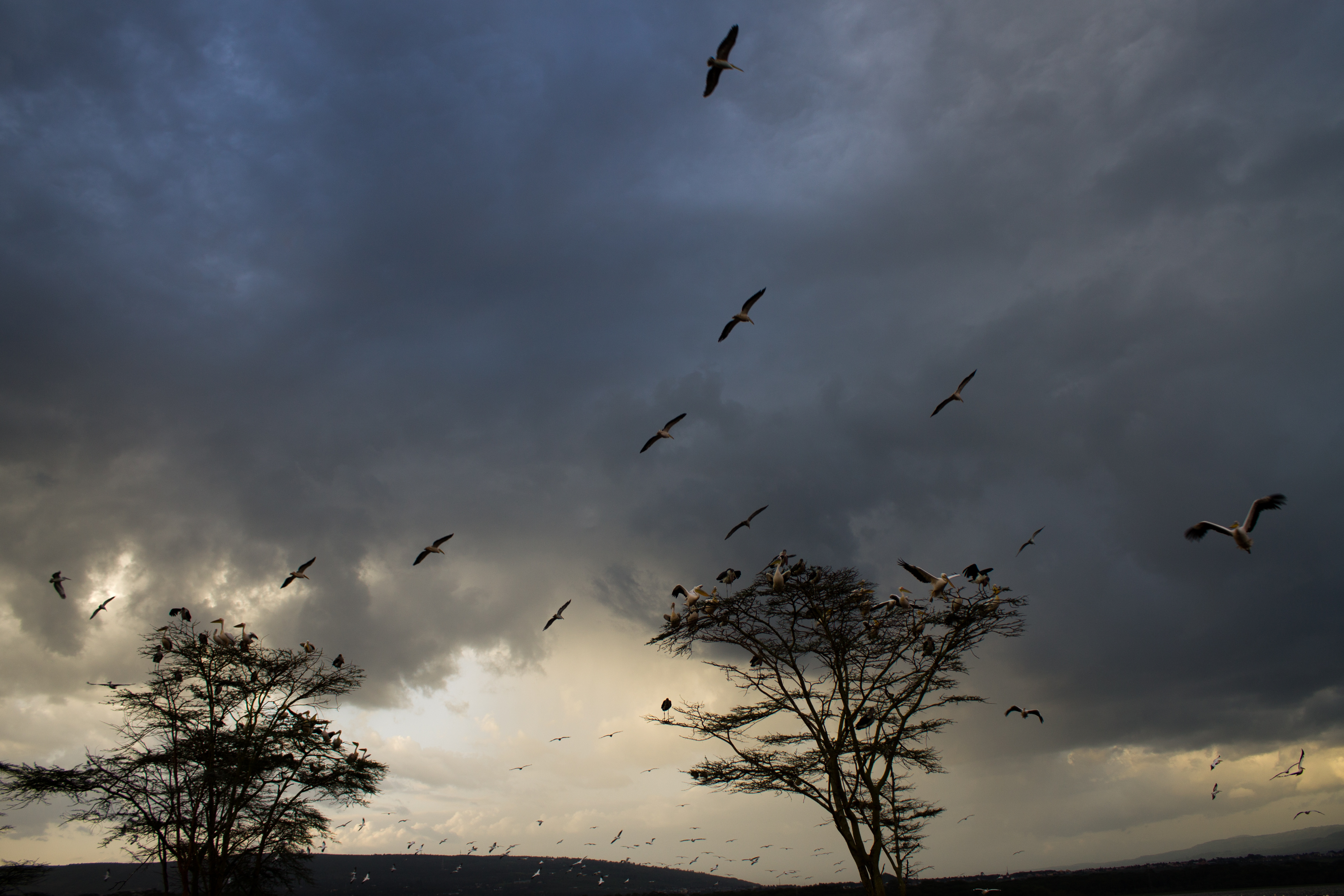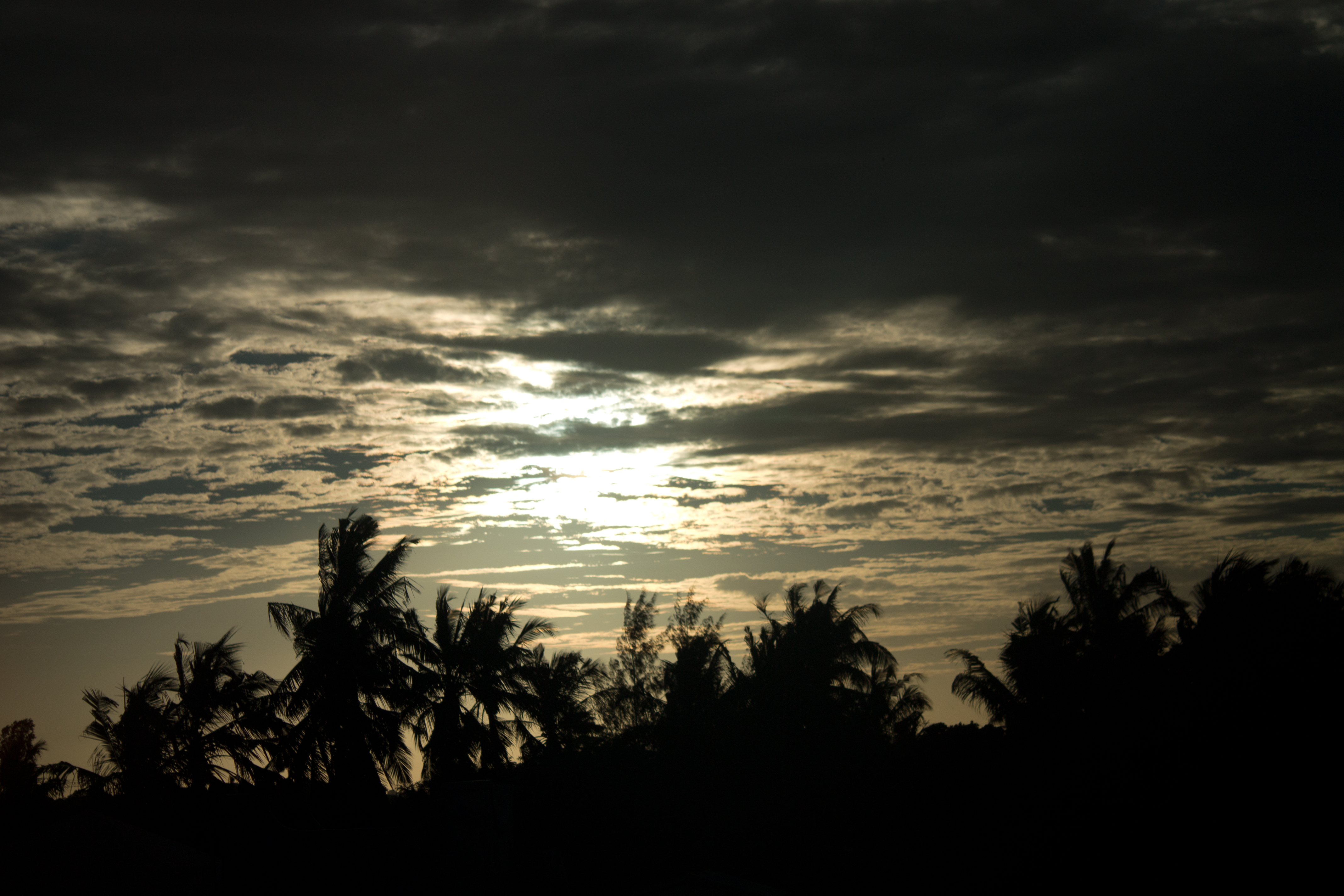A traveling band of robbers fell upon our household one night. They were as senseless and villainous as robbers are in fairy tales.
Father stood in the door with a pitchfork and shouted to the older children. “Run! Escape! Fly!”
The robbers overpowered my father and knocked out his front teeth. They hit my mother, and she fell to the floor unconscious, and they picked up the baby she had held in her arms and swung her against the floor so that she was killed instantly.
…
The band of robbers carried away all of our belongings worth anything, and partially razed our house.
…
“We must leave a country where such things can happen,” said my father, and with that I agreed entirely.
—Written by Sarah (Mandelbaum) Sidis, my third great-aunt, or the sister of my great-great grandfather, about the pogrom that led her family to emigrate from land that is now Ukraine, then part of the Russian empire, to the United States.
I look back in time and see some pieces of what befell my ancestors, tragedies that mar a life. And whether those lives were also bolstered by joys, I cannot say with any certainty. There was war, there were childhood deaths of siblings, sudden deaths of spouses and parents. There was more, I’m sure; looking back through time reiterates that humans hurt one another and many things hurt humans.

It’s almost certainly a good thing that my great-great grandfather’s family left the Russian empire when they did. At that time, the end of the nineteenth century, more than half of the town they lived in was Jewish. On the eve of World War II, a third was. After the war, less than one percent. The Jewish history of that town is faded, dispersed, dead. What, who, where else has died, been killed off?
In the present day, I live in a narrow slice of the world that has mostly known a relative peace during my lifetime—at least on this patch of soil. I can vote and have at least some voice in the functioning of our system. I can say what I want. I have had food and clean water, even an education, and a stellar one at that. On swaths of this earth, this isn’t the case. I have been in those places, with the power to drop in and then leave.
I am the offspring of a generation that extracted more and more from the earth and burned it, temporarily benefitting while choking off my future and the present of even more people across the world who played next to no role in heating the air, spurring the storms, raising the seas. I am a member of a group with power to continue to pollute while enjoying a high standard of living, at least for now. Some of us contribute more to suffering than others; some suffer more than others.
But overreach can hurt more than those without power. The evidence is scattered across the past: the Anasazi, the Tiwanaku, the Akkadians, the Mayan, and others, many others. In graduate school, I took a class with a professor whose research revolved around modeling societal collapse. Unfortunately, as we layered economic and ecological models, extraction won and ecosystems lost. Yet even the powerful themselves rarely survived. In the end, at the root, we are a part of the ecosystem ourselves.

I was brought up to expect peace and prosperity. But I suspect this is abnormal relative to space and time, and perhaps the fact cannot be escaped: human history is always dying. We are battered, we batter, we eke out survival, we snatch it from others, we die. The wealth and peace I have enjoyed, that a slice of my parents’ generation enjoyed, was based on maintaining “progress”, economic growth, while ignoring the rising pollution, the consequences to the biosphere, to us. Short-term benefits for some, in the grand scheme of things, are perhaps only long-term pain.
My confidence in this posited better future did begin to waver early; whether it was a natural pessimism or the result of delving into environmental studies, I don’t know. An Inconvenient Truth came out right when I began college. The next academic year, I recall being overwhelmed with the thought we can’t escape this as I sat behind a desk in a lecture room, listening to my Global Environmental Politics professor. As I walked out of the class at its end, the professor pulled me aside: are you all right? Four years later, I had similar reactions in my graduate classes on energy and environmental economics: can we stop this or is it too late? But by then, I had spent a bit of time working in Eastern Africa and uncomfortably had to swallow the fact that it wasn’t even my slice of the world that was near the brink. Tropical diseases may spread? Droughts will make it even more difficult to access potable water? Old news.

Is looking at a world of climate collapse different than the futures our predecessors imagined? It’s a question that may be irrelevant when framed against realities of mass ethnic persecution, famines spurred by both men in power and natural chance, daily existence shadowed by these possibilities hovering just ahead. How far into the future did my predecessors look? Over their lifetimes did horizons expand or shrink?
But from their lives, here I am now, thinking, speaking. A comfortable life is more unusual than trying to survive. Democracy is more unusual than its backslide or its absence. But here I am.
Here I am, but the expectations with which I was raised are being snatched away. Or—not snatched, but tugged, ever further from reach as tragedies drift in. Personal tragedies are expected, but what of summers choked by hazardous smoke? A pandemic that grinds everything down and reframes nearly every way we associate with “the outside”? Hurricanes slamming one coast, and then another, more frequent than ever? I know that these events, inevitably now, will continue. Was it good to have some anticipation of peace and joy, at least for awhile, or does that just make reality all the more crushing?
Is it harder to be aware of the magnitude of it all, the suffering that will lay its hand on billions? To see the images from around the globe coalescing into one big mess of horrors? Or does it matter, if your scope of awareness and access is bombarded regardless, does it matter how large the suffering is? Is it even possible to compare anyway?

These questions are bleak, I know. And frankly, a look across our past is too. At any point in human history, you’ll find mass tragedy. In nearly every life you’ll find personal tragedies too. At the same time, though, I know, joy is eked out, remarkable things happen. There are even heroes.
So, also: human history is strewn with individuals and stories that floor you. One person can prolong or improve the lives of many. One person can bring into existence an object or knowledge that reverberates through the years after their death, causing wellness or awe or joy. Everyone will die, but there are degrees of dying. And well, one person can at least temporarily act against death: saving lives. I recently read a biography of Raoul Wallenberg, a Swede credited with saving the lives of thousands of Hungarian Jews during the end of World War II. He created protection documents for them. He sheltered them in designated Swedish buildings in Budapest. He snatched some from death marches and trains en route to death camps. He stayed in Budapest at risk to his own life. He almost certainly died in a Soviet prison. He died, and there were many he couldn’t save, but the thousands he did went on and had families who had families, people who hopefully experienced some joy and did some good. Furthermore, Wallenberg wasn’t alone in his mission: he had help. There were also others elsewhere, attempting similar, quiet acts of heroism.


Of course, many people do quite the opposite. Wallenberg wouldn’t have been saving people if they weren’t being persecuted. There are the masterminds of campaigns of hate and destruction, but there are also those who aid and abet. Witness: turning in your neighbor, out of fear or spite or for gain, knowing they’re off to prison, camps, mines, GULAG, killing fields… Witness: laughing at a sexist or a racist joke to fit in… Witness: the banality of evil. And yes, witness: passivity amidst a dangerously changing climate. Knowing, but not caring. Or caring, but not caring enough to act in ways that are difficult or even dangerous.
We are powerful and powerless, and it’s not quite clear how these elements will combine to shape our present and the future that we will never know. Human history is always dying, but there have been people who continue to push it along, even as others gather power or comfort for themselves to the detriment of many. Which one am I? Who are you?

You are history.
You are history.
You are history.

Share Your Thoughts